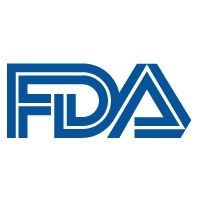Article
Fish Oil Case Threatens FDA's Drug Safety Oversight, Docs Say
Author(s):
A New Jersey pharma company has won a round in its fight to advertise a fish oil pill for a non-FDA approved use. Critics, writing in the NEJM say that puts the nation's drug safety monitoring at risk.

A New Jersey pharmaceutical company has taken the US Food and Drug Administration to court for refusing to let it advertise its prescription fish oil supplement for an indication not approved by the FDA.
At issue is whether the FDA is violating Amarin Pharmaceutical’s First Amendment rights to promote its fish oil capsule, marketed as Vascepa, for patients whose moderately high levels of triclycerides have not been sufficiently lowered with statins.
The FDA has approved Vascepa to treat patients with very high levels of triglycerides.
Last month a federal judge in Manhattan agreed with the pharma company.
Weighing in on the decision yesterday in an article in the New England Journal of Medicine Jerry Avorn, MD and colleagues said the ruling flies in the face of a principle that “communication about medications has traditionally been held aside for special legal treatment” because “interpreting statements about medical products such as prescription drugs requires highly specialized knowledge ant that the consequences of misleading statements in this domain could have important effects on health or even life itself.”
The FDA has already moved to take a softer position on allowing manufacturers to promote certain off-label uses of drugs, allowing them to give clinicians practice guidelines for off-label drug uses.
The FDA also announced last year that it would let manufacturers distribute peer-reviewed studies of drug effects that were more favorable in noting side effects than the official FDA labeling.
These shifting positions could be cause for alarm, the authors warn.
The fish-oil capsule in itself does not seem to have much potential for harm, they note. At most it is likely to be ineffective or less effect than Amrin claims.
But allowing manufacturers to advertise unproven claims for prescription drugs, as they now do for dietary supplements, sets a dangerous precedent, the authors say.





